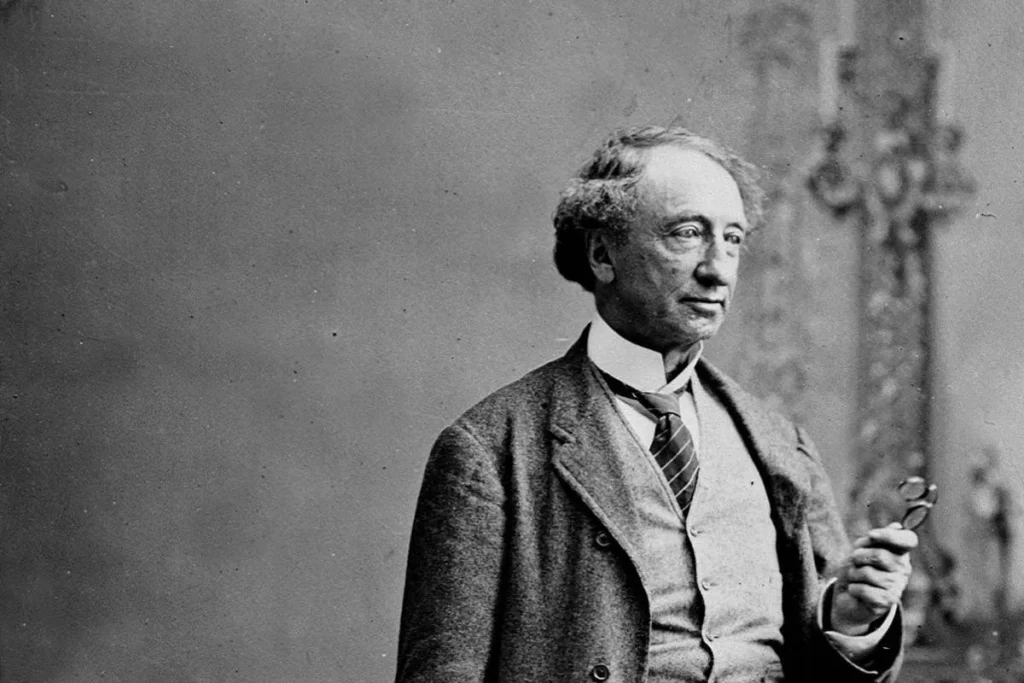Unfortunately, we live in a violent world, but not as violent as it has been.
In 2011, Canadian-American cognitive psychologist, psycholinguist, and public intellectual Stephen Pinker wrote a book called The Better Angels of Our Nature: Why Violence Has Declined. Pinker argued that violence around the world has declined in both the long term and in the short term, and provided explanations as to why this has been occurring.
Of course, politicians (usually on the right) like to campaign on the issue of increasing crime while accusing the left of being soft on crime. The media often follows “if it bleeds, it leads” style journalism to get viewers by overemphasizing the actual level of violence in society. It is also worth noting that specific acts of violence are often tied to bigger social issues, particularly ones that are new or politically potent.
So, let me ask you a question. Which of these violent crimes is worse? A man shoots someone in the street:
- Over money, as little as $5 perhaps
- In a “crime of passion”, because the victim had an affair with the shooter’s spouse
- Over an insult or some slight to the shooter’s honour
- In an act of revenge
- Because the victim is part of a rival gang
- Over reasons tied to the victim’s sexual orientation
- Over reasons tied to the victim’s religion
- Over reasons tied to the victim’s race or ethnic group
- A man shoots a woman in public over something tied clearly to sexism or anger towards women
- Because the victim is a doctor who performs abortions
- Totally at random, with no specific purpose
- Because they are fleeing a crime, and the victim is a police officer trying to stop them
- Because they are a politician the shooter dislikes or disagrees with
Yes, that is a very long list. No doubt, movies have been made from everything on this list. I left out cases that have occured in American states like Texas, where homeowners have mistakenly killed someone under “stand your ground” laws, or vigilante-like situations such as when Kyle Rittenhouse shot people after putting himself in a dangerous situation for which he was ill-equipped. Nor have I included duels where the victim was a willing participant.
The difference between the crimes on this list is motive, or sometimes the nature of the situation (fleeing police in #12 in particular).
In Canada, the US, and most Western countries, the shooter will be charged with murder for almost all crimes on this list, and likely convicted, barring an insanity plea. I say “almost all” because I have read that in many Latin-American countries, it is almost impossible to convict a man who kills his wife’s lover (#2 on the list).
“Murder” usually has a penalty of decades in prison, or life in prison – or in parts of the US, the death penalty. Usually, any charge of murder includes related charges to increase the potential sentence beyond a convicted criminal’s lifespan – many US criminals end up with consecutive sentences with combined totals of hundreds of years.
What spurred me to create the above list was the murder in New York City of United Healthcare CEO Brian Thompson, with 26-year-old Luigi Mangione being charged with murder “as an act of terrorism” according to many sources. Presumably, terrorism is an “aggravating factor” and not itself a charge, at least at this point. This is how the New York Times summarizes the situation:
“Mr. Mangione was charged in Manhattan with second-degree murder, hours after he was arraigned in Pennsylvania on five charges that include carrying a gun without a license, forgery, falsely identifying himself to the authorities and possessing “instruments of crime,” according to a criminal complaint.

In New York, first-degree murder requires one of a host of aggravating circumstances. They include killing someone who is a witness or works in law enforcement; killing for hire or while serving a long sentence; and killings involving torture.
Both first-degree and second-degree murder are punishable by up to life in prison, but first-degree murder has a longer minimum sentence — 20 years, rather than 15.”
In November, Megan Walker, who is a longtime advocate for ending violence against women and the former head of the London Abused Women’s Centre, called for the term “femicide” to be added to Canada’s criminal code.
In my view, this is really asking that we make the Criminal Code more “woke” by adding “identity politics” to the definition of crimes, instead of actually making the Code work better.
There are often calls in Canada to add new items to the Criminal Code that are specific to issues such as hate speech, anti-Semitism, or terrorism. There are ample sections in the Criminal Code as it is that cover such crimes. There is, however, an argument to be made for reviewing certain sections of the Criminal Code to ensure that everything is up to date, particularly where Supreme Court decisions require the Code to be changed.
One such example is the “Spreading False News” section of the Criminal Code. A 2017 CBC story noted:
“The Supreme Court of Canada struck down a law that banned “spreading false news” in the case of Holocaust denier Ernst Zundel in 1992. It remains as Section 181 in the Criminal Code — a so-called zombie law that can’t be enforced. But some believe a new, narrower law could be enacted.
‘Legislators would have to discuss what kinds of harms we are concerned about and the provision would have to be tightly tailored to that purpose,’ said Jula Hughes, a law professor at the University of New Brunswick.
‘For example, spreading false news for the purpose of interfering with free and democratic elections might be such a harm, and a prohibition that targets this type of false news specifically might arguably pass constitutional muster in the sense that it pursues a valid purpose.’
… As it stands, there is no law prohibiting the dissemination of incorrect information unless it is defamatory and covered by libel laws.”
Getting back to my list, there are two items that do deserve special attention. Killing a police officer (#12) and killing a politician (#13) are different from the rest of the list, in that they are crimes that affect the enforcement of law, or the democratic process that creates laws. In these instances, democratic society as a whole is at stake.
Political assassinations matter, whether they are politicians in power (Lincoln, John Kennedy, Rabin, etc.), ones running in elections (Robert Kennedy) and perhaps even ones not in power at the time of the assassination who still wield influence (Shinzo Abe).
Crimes that intend to pervert democracy are in a category of their own – successful or not.
To me, murder is murder. Here in Toronto, we had the 2018 van attack where a young man killed random pedestrians on the sidewalk with a van, for no apparent reason except notoriety. There are other cases of murders carried out for no apparent reason, such as other incidents where cars have been driven into crowds, or the 2017 Las Vegas shooter.
With an act of terrorism, we know the “why”. There is a reason that we can understand, and there is a possibility of using policy to address the political issues or conflicts that fuel these acts. With a “random” killing, there is no reason, and nothing much we can do. There is no deterrence for something so purposeless and irrational. At most, we can reduce the notoriety given to killers after they act.
Killing an executive of a huge corporation that causes harm to people in order to increase its profits is unjustifiable and should be condemned, not celebrated. However, the threat of increasing the length of sentences by adding more items to a criminal code is not likely to deter such acts, when the penalties are already severe and prison conditions are already unsavoury – to say the least.
I think we have better things to do than adding “femicide” to our criminal code. Such considerations are part of sentencing, but changes to the criminal code should be focused on addressing Supreme Court decisions and removing zombie sections.
All content on this website is copyrighted, and cannot be republished or reproduced without permission.
Share this article!




The truth does not fear investigation.
You can help support Dominion Review!
Dominion Review is entirely funded by readers. I am proud to publish hard-hitting columns and in-depth journalism with no paywall, no government grants, and no deference to political correctness and prevailing orthodoxies. If you appreciate this publication and want to help it grow and provide novel and dissenting perspectives to more Canadians, consider subscribing on Patreon for $5/month.
- Riley Donovan, editor